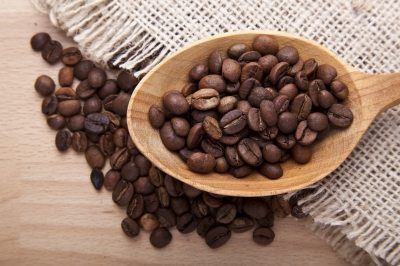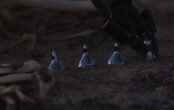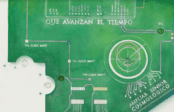[dropcap style=”font-size:100px; color:#992211;”]C[/dropcap]ombining gold with caffeine compounds is found to be effective in eliminating cancer cells.
Well, there is a little disclaimer in the text telling us not to go crazy on the coffee expecting to make ourselves immune to the big C. But all the same, surely this calls for a mug of Gold Blend.
The side effects of ingesting too much caffeine — restlessness, increased heart rate, having trouble sleeping — are well known, but recent research has shown that the stimulant also has a good side. It can kill cancer cells.
Now, researchers report in the ACS journal Inorganic Chemistry that combining a caffeine-based compound with a small amount of gold could someday be used as an anticancer agent.
Angela Casini, Michel Picquet and colleagues note that caffeine and certain caffeine-based compounds have recently been in the spotlight as possible anticancer treatments. But drinking gallons of coffee, sodas and energy drinks isn’t the solution. And the regular caffeine in these drinks would start to have negative effects on healthy cells, too, at the levels necessary to kill cancerous ones.
Gold also can wipe out cancer cells, but, like caffeine, it can harm healthy cells. So, the research team put the two together into certain configurations to see whether the new caffeine-based gold compounds could selectively stop cancer cells from growing without hurting other cells.
They made a series of seven new compounds, called caffeine-based gold (I) N-heterocyclic carbenes, in the laboratory and studied them. The scientists found that, at certain concentrations, one of the compounds of the series selectively killed human ovarian cancer cells without harming healthy cells.
In addition, the compound targeted a type of DNA architecture, called “G-quadruplex,” that is associated with cancer.
Source: American Chemical Society
The authors acknowledge funding from EU COST, the University of Groningen, the Conseil Régional de Bourgogne, the Ministère de l’Enseignement Supérieur et de la Recherche and the Centre National de la Recherche Scientifique.
Photo: Freedigitalphotos.net/Adamr

Some of the news that we find inspiring, diverting, wrong or so very right.






















